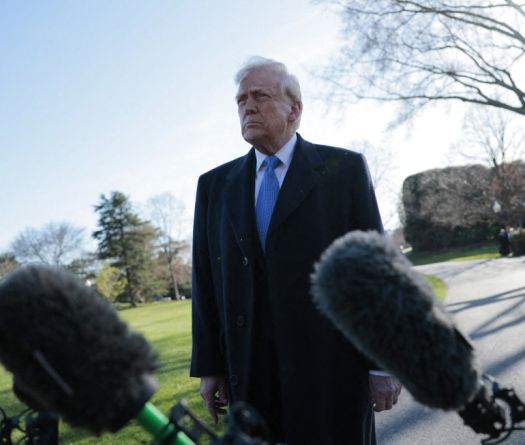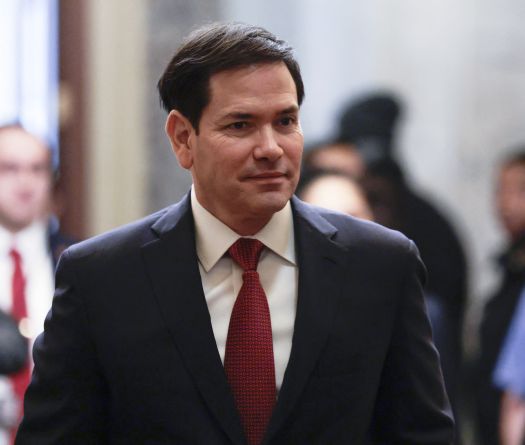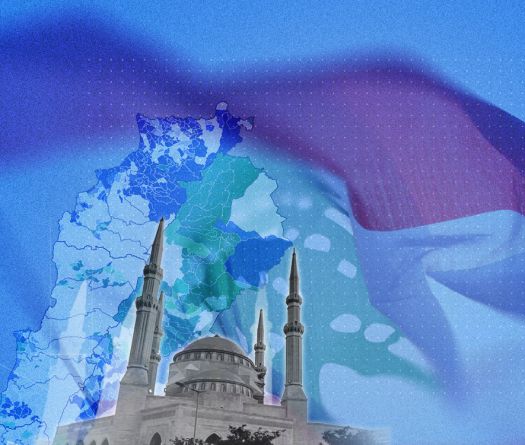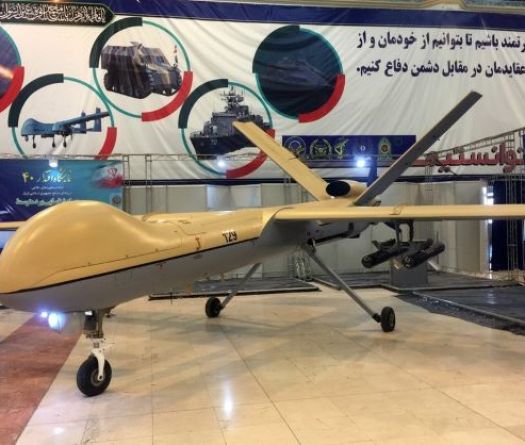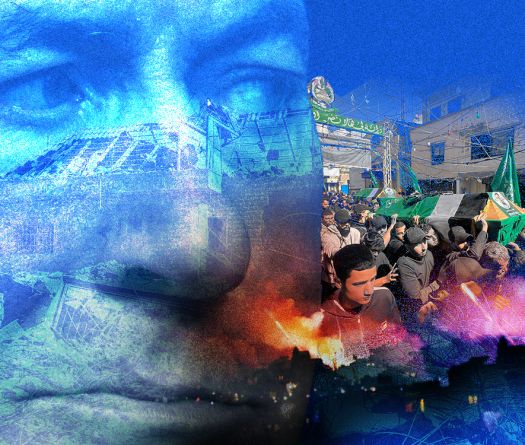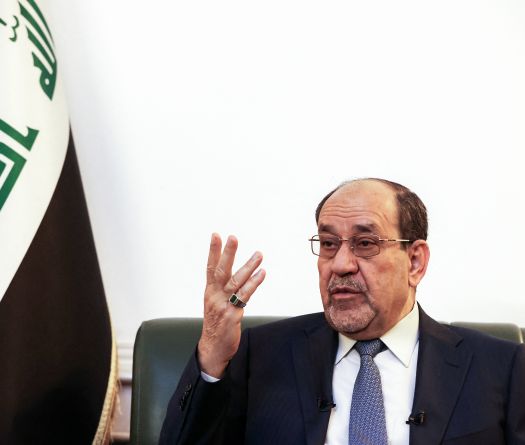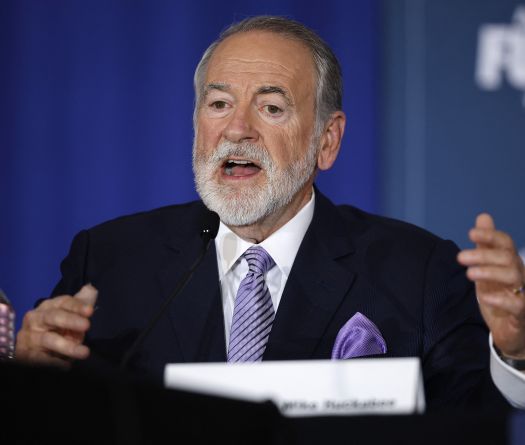
- 05:14 OpenAI CEO says Pentagon deal agrees to use its models with 'safeguards'
- 04:54 Canada relocating some diplomatic staff from Tel Aviv over Middle East 'tensions'
- 04:02 Anthropic vows court challenge over Pentagon ban, slams admin 'intimidation'
- 03:52 Death toll rises to 15 in Bolivia military plane crash: firefighters
- 03:39 Argentina's Congress approves Milei's proposed labor reform
- 03:04 At least 11 dead in Bolivian military plane crash: firefighters
- 02:29 Military cargo plane carrying bank notes crashes in Bolivia: ministry, media
- 00:53 Bill Clinton 'answered every question': Epstein panel Republican chair
- 27/02 23:49 Iran agreed to zero enriched uranium stockpiling in talks 'breakthrough': mediator Oman FM
- 27/02 23:37 Paramount Skydance to buy Warner Bros. Discovery in mega-merger: statement


Lebanon Signals Interest in Joining IMEC Trade Corridor
This is Beirut 26/02 19:55

Israeli Airstrikes Hit Hezbollah Targets in Bekaa Valley
This is Beirut 26/02 17:25

After Assad, Hezbollah Shrinks from Army to Shadow Cells
This is Beirut 26/02 15:10

Hezbollah Signals It Will Stay Out of 'Limited' Iran Strikes, Sets Red Line on Regime Attacks
This is Beirut 25/02 16:40
See all
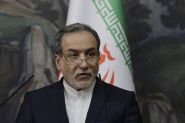
Iran Urges U.S. to Drop 'Excessive Demands' to Reach Deal
This is Beirut 27/02 10:15

Iraq Armed Group Tells Fighters to Prepare for Long Iran-U.S. War
This is Beirut 27/02 10:10

U.S. and Iran Conclude Geneva Nuclear Talks, Set Vienna Meeting for Monday
This is Beirut 26/02 23:20

Direct U.S.-Iran Talks Mark Key Moment in Geneva Nuclear Negotiations
This is Beirut 26/02 15:35

Detainee Swap in Sweida Following Deadly Clashes
This is Beirut 26/02 13:40
